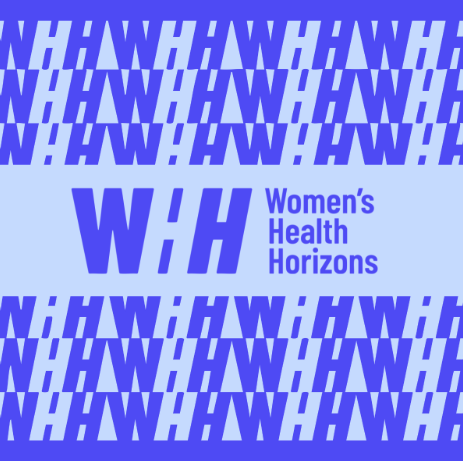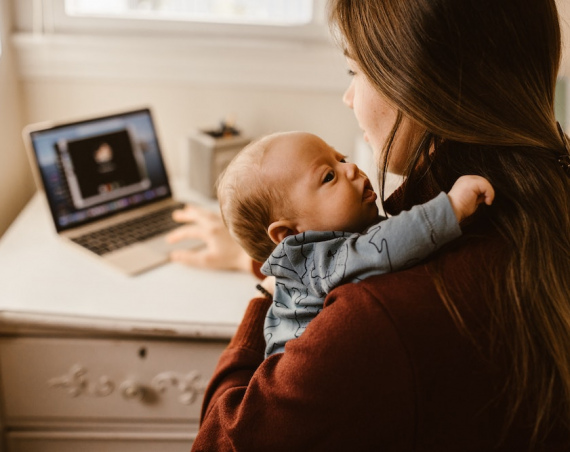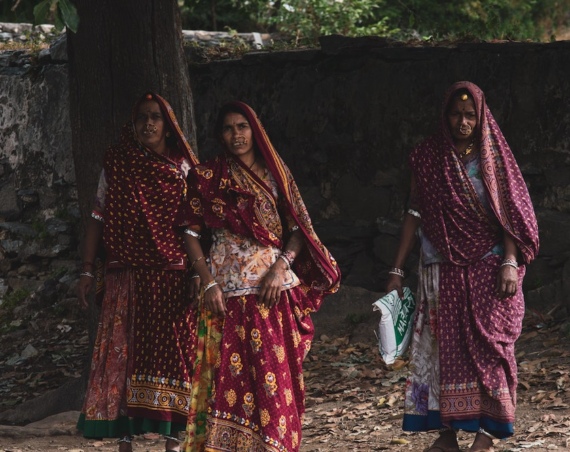Ahead of their flagship conference in Boston on October 15–16, Femtech Insider sat down with the Women’s Health Horizons team – Founder and CEO Jason Clark, Co-Founder and Director of Strategy, Partnerships and Marketing Ashleigh Niziol, and Global Strategic Partnerships Director Holly Carruthers – to learn about their mission and the growing momentum behind this new platform.
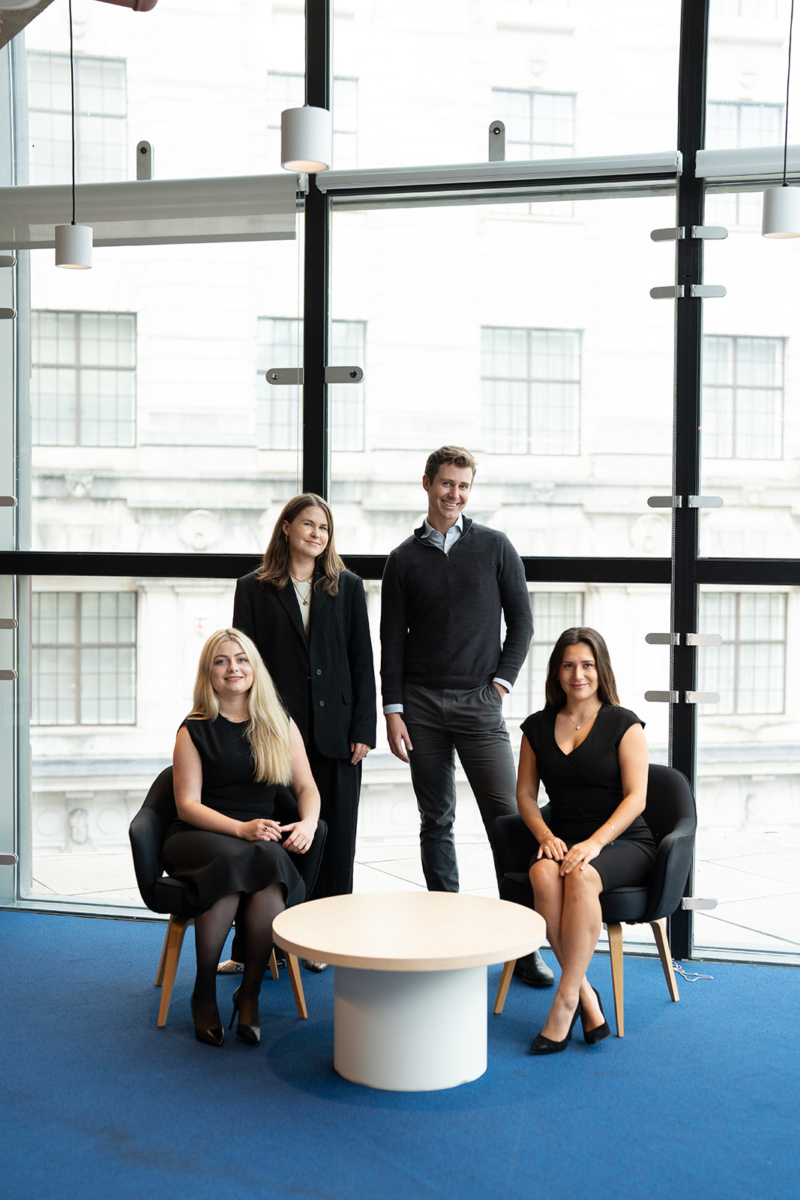
Jason Clark’s mother underwent three major surgeries for severe gastrointestinal issues. Each time, she was dismissed, misdiagnosed, and left in pain as she navigated both private and public healthcare systems. For Clark, a consultant by background, watching his mother suffer revealed something he couldn’t ignore: the healthcare system simply wasn’t built for women.
That realization didn’t just anger him – it mobilized him.
“I’ve always been a big believer that progress comes from connection,” Clark tells Femtech Insider. What started as curiosity evolved into more than 180 research calls with leaders across policy, research, advocacy, and innovation. The result? Women’s Health Horizons (WHH), a global platform launching its flagship conference in Boston on October 15–16, with expansion plans across London, New York, Central Europe, the US West Coast, and APAC over the next 12 months.
But here’s the question: Do we really need another women’s health conference?
“We’ve been to far too many conferences where we talk about the same problems”
Co-Founder and Director of Strategy, Partnerships and Marketing Ashleigh Niziol doesn’t mince words about what frustrates her most in the space.
“I’ve been to far too many conferences and events where we talk about the same problems, only to reconvene months later to repeat that conversation again,” she says. “My own agenda for WHH is to be a vehicle for action – one that can help change the standard of care for women.”
That action-first mentality shapes everything about the platform. Every panelist has been briefed with a clear mission: Panels, fireside chats, and workshops must be collaborative and solutions-focused. No rehashing. No platitudes.
“The right way we should capitalize on this watershed moment of awareness is by seizing the opportunity to change women’s lives”, Niziol emphasizes.
Building a platform led by decades of expertise
Clark’s research phase wasn’t just about identifying problems – it was about finding the right people to solve them. Over 180+ calls, he assembled an Advisory Board of what he calls “super-connectors”: People who’ve been championing change in women’s health for decades.
The roster includes Cheryl Kerr (30 years at Bayer), Mitzi Krockover (founding Medical Director of the Iris Cantor-UCLA Women’s Health Center), Amy Millman (founder of Springboard Enterprises, now Managing Director of the StageNext fund), and patient advocates like Sally Wolf and Lauren Ruotolo.
“Their insights, networks, and optimism have shaped a truly inspiring program,” Clark says. “We’re led by their expertise, and most of our advisors have generously invested hours, days, and even weeks into the project.”
In the early days, it was just Clark and Holly Carruthers, Global Strategic Partnerships Director, grinding through 10–15 calls a day. Their first major validation came when HSBC Innovation Banking signed on as their inaugural strategic sponsor for Boston, with Katherine Andersen championing their vision.
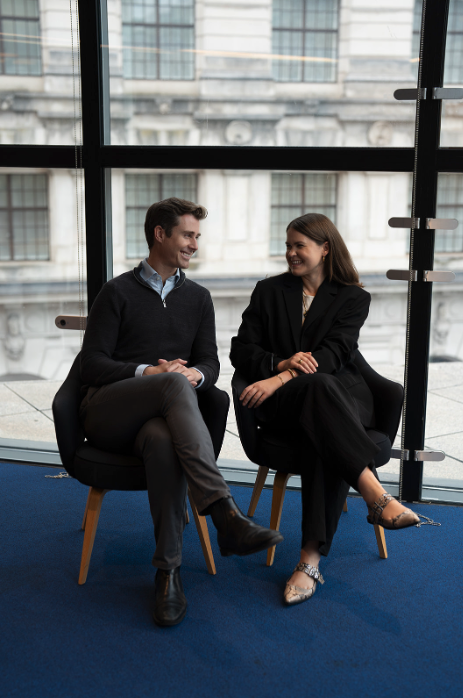
Why men need to be part of the conversation
One of the most striking elements of WHH’s approach? They’re actively recruiting male allies – and putting them on stage.
“I get the sense that men don’t feel like women’s health is a space for them: That couldn’t be further from the truth,” Niziol says. “This year, we have an all-male panel speaking passionately about solving endometriosis. And we’ve recruited our first male advisor for our UK board.”
For Niziol, this isn’t about performative inclusion – it’s practical necessity.
“We’ve finally started to move beyond women’s health as a feel-good, philanthropic initiative, but with that, we’ve had to work hard to convince our male counterparts – who still hold the purse strings – that we’re worth investing in,” she explains. “We need them as curious allies, sponsors, funders, co-founders, and listeners. We can’t do it without them.”
From talk to funding: The collaboration gap
Carruthers, who joined the team early in WHH’s formation, noticed something immediately upon entering the women’s health space: The passion and collaborative energy were unlike anything she’d experienced.
“Women’s health feels unique in that way – people aren’t just focused on individual projects or silos,” she says. “There’s a genuine drive to connect, share expertise, and accelerate meaningful change together.”
But passion alone doesn’t move the needle.
“While many organizations talk about supporting women, far fewer are willing to commit the funding or resources necessary to drive real change,” Carruthers points out. “If we want to make a tangible impact, that has to shift.”
She highlights the Organon and PERIOD collaboration as an example of what’s possible when larger partners step up to actively support causes that advance women’s health and wellbeing – not just promote their own interests.
What makes this different?
WHH isn’t positioning itself as just another event series. The team is building what they call a “strong pipeline for 2026,” working closely with partners to shape their impact and ensure messaging is meaningful and curated for maximum effect.
“It’s incredibly rewarding to be part of a truly global initiative,” Carruthers says. “Through thoughtful, action-oriented partnerships, we can genuinely improve outcomes and create lasting impact for women everywhere.”
For Niziol, it comes back to a fundamental truth: “Health has always been the great gender equalizer. If women don’t have their health, they are left behind in every aspect of life.”
The question now is whether Women’s Health Horizons can deliver on its promise – turning the momentum of awareness into tangible change in women’s healthcare. With a strong advisory board, global expansion plans, and partnerships already in place, their first test comes this week in Boston, with limited tickets still available for those ready to move beyond talk to action.
Women’s Health Horizons’ flagship conference takes place October 15–16 in Boston. To learn more visit their website or connect with the team: Jason Clark (LinkedIn), Ashleigh Niziol (LinkedIn), Holly Carruthers (LinkedIn).


